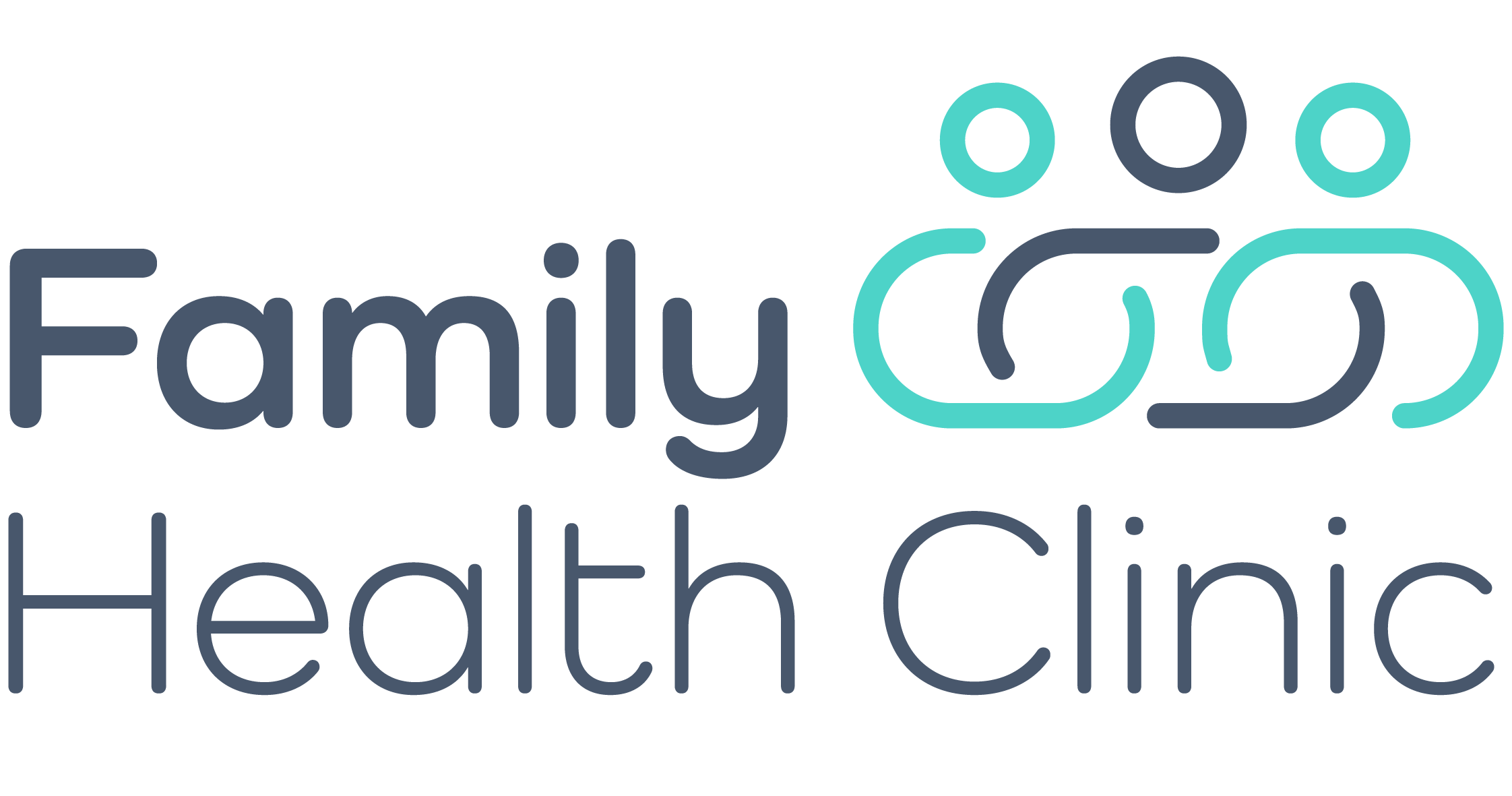Prostate cancer awareness is a crucial component of men’s health initiatives. It aims to educate individuals about the risk factors, symptoms, early detection, and treatment options for prostate cancer. Prostate cancer is the most common cancer among men in many countries. So, raising awareness about this disease can lead to earlier diagnosis and improved outcomes. Here are some key points related to prostate cancer awareness:
- Risk Factors: Understanding the risk factors for prostate cancer is essential. Age, family history, and race are among the key risk factors. Prostate cancer is more common in men over the age of 50 and in those with a family history of the disease.
- Symptoms: Knowing the potential symptoms of prostate cancer can help with early detection. These symptoms may include frequent urination, difficulty starting and stopping urination, weak urine flow, blood in the urine or semen, and pain or discomfort in the pelvic area. It’s also important to note that many early-stage prostate cancers do not produce noticeable symptoms, making regular screening crucial.
- Early Detection: Prostate cancer can often be detected early through regular screening tests, such as the prostate-specific antigen (PSA) blood test and a digital rectal examination (DRE). These tests can help identify prostate cancer at an early, more treatable stage.
- Prostate Cancer Awareness Month: Many countries observe September as Prostate Cancer Awareness Month, during which various organizations, healthcare providers, and advocacy groups conduct awareness campaigns and events. These activities aim to educate men about the importance of early detection and regular check-ups.
- Patient Advocacy: Prostate cancer awareness often involves patient advocacy groups and support organizations that provide information and resources for individuals diagnosed with the disease and their families. These groups offer emotional support, guidance, and access to treatment options.
- Treatment Options: Awareness campaigns also emphasize the importance of understanding the available treatment options for prostate cancer. Treatment may include surgery, radiation therapy, hormone therapy, chemotherapy, immunotherapy, and active surveillance. The choice of treatment depends on the stage and aggressiveness of the cancer and the patient’s overall health.
- Advances in Research: Prostate cancer awareness efforts help raise funds for research into better diagnostic tools and treatment options. Ongoing research aims to improve the precision of treatment, reduce side effects, and enhance the overall quality of life for prostate cancer survivors.
- Healthy Lifestyle: Promoting a healthy lifestyle, including a balanced diet, regular exercise, and not smoking, can be part of prostate cancer awareness. A healthy lifestyle can help reduce the risk of developing prostate cancer and improve overall well-being.
- Open Communication: Encouraging open and informed communication between patients, healthcare providers, and loved ones is a key aspect of prostate cancer awareness. Men are encouraged to discuss their risk factors, symptoms, and concerns with their doctors and seek timely medical advice.
Prostate cancer awareness campaigns play a critical role in reducing the stigma surrounding this disease and motivating men to take charge of their health. By promoting early detection and providing information about treatment options, these efforts can contribute to better outcomes for individuals diagnosed with prostate cancer.



